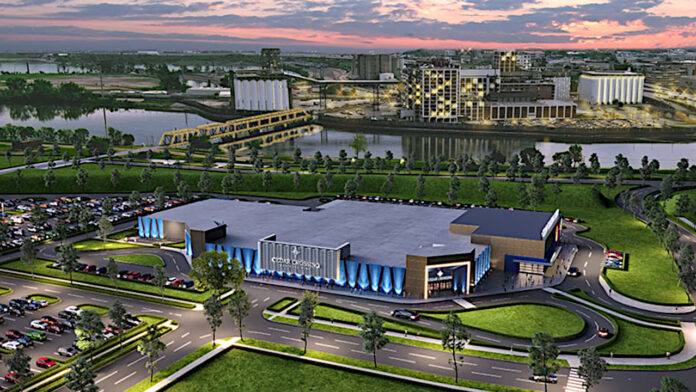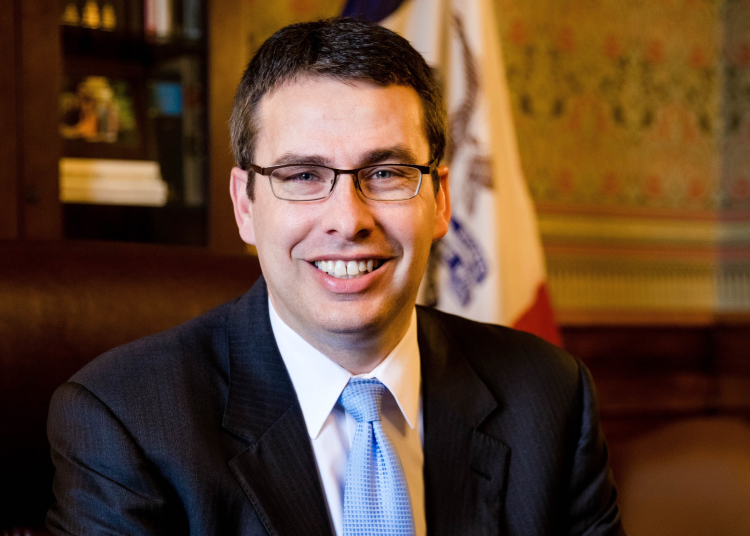
Good editorials provoke thought and discussion, and sometimes provide a counter argument to conventional wisdom. This editorial is different. It is a mea culpa of sorts.
We didn’t think enough had changed politically or within the Iowa Racing and Gaming Commission (IRGC) to warrant Cedar Rapids getting its long-desired casino license. We thought all of the ballyhoo was overblown and unnecessary because it simply wasn’t going to materialize.
We were wrong.
After narrowly avoiding the passage of a five-year moratorium earlier in this year’s legislative session, the IRGC awarded Cedar Rapids a gaming license on a 4-1 vote.
It was a stunning change from previous failures and legislative moratoriums.
The IRGC had twice rejected casino proposals for Linn County, in 2014 and 2017, after commissioners largely sided with opponents who argued the state’s gaming market was saturated and a new Linn County casino would acquire market share from existing casinos.
Linn County voters approved a casino referendum in 2013, and a second referendum approved by voters in November 2021 allowed developers to seek a casino license for the county in perpetuity.
Peninsula Pacific Entertainment, the company that will develop and operate the $275 million Cedar Crossing Casino and Entertainment Center, quickly broke ground on the vacant land between F and I avenues NW and First and Fifth streets NW.
According to a CBJ news article, commissioners said they based their vote on the new casino on the Iowa gaming market overall. While acknowledging that Cedar Crossing will “cannibalize” revenue from other Eastern Iowa casinos, they said that on balance, the project’s benefits far outweighed that single factor.
The lessons for communities that seek seemingly long-shot economic development wins are to have persistence and a group of dedicated champions like Tiffany O’Donnell, the mayor of Cedar Rapids, and Anne Parmley, chair of the Linn County Gaming Commission and an executive with TrueNorth Companies, who devoted countless hours to make this happen.
They should be commended for their diligence and commitment to getting the license approved.
We are hopeful that this casino development will spark a much-needed economic development renaissance in downtown Cedar Rapids that is struggling to recover since the pandemic.
Doug Neumann to step down
Doug Neumann, who has consistently been ranked as one of the region’s most influential business leaders, announced plans to step down as executive director of the Cedar Rapids Metro Economic Alliance (CRMEA) after 19 years with the organization and nine as its top leader.
Leading economic development organizations is immensely challenging, especially nowadays after economic development organizations and chambers of commerce, which traditionally had disparate missions, were merged to become more effective. That is exactly what happened with the CRMEA.
Mr. Neumann, who is 55 years old, helped with the formation of the CRMEA, which was created in 2012 by merging the economic and community development efforts of the former Cedar Rapids Area Chamber of Commerce, Cedar Rapids Downtown District and Priority One, the city’s then-economic development arm.
The challenge for these “merged” economic development organizations is that key stakeholders expect different priorities from the organization and its leadership, often putting those leaders in untenable positions.
Mr. Neumann did an admirable job at the CRMEA and provided a strong foundation for its future success.
But perhaps it is time to rethink the structure of the CRMEA so that priorities and expectations are clearly defined and don’t put their leader into impossible positions.




